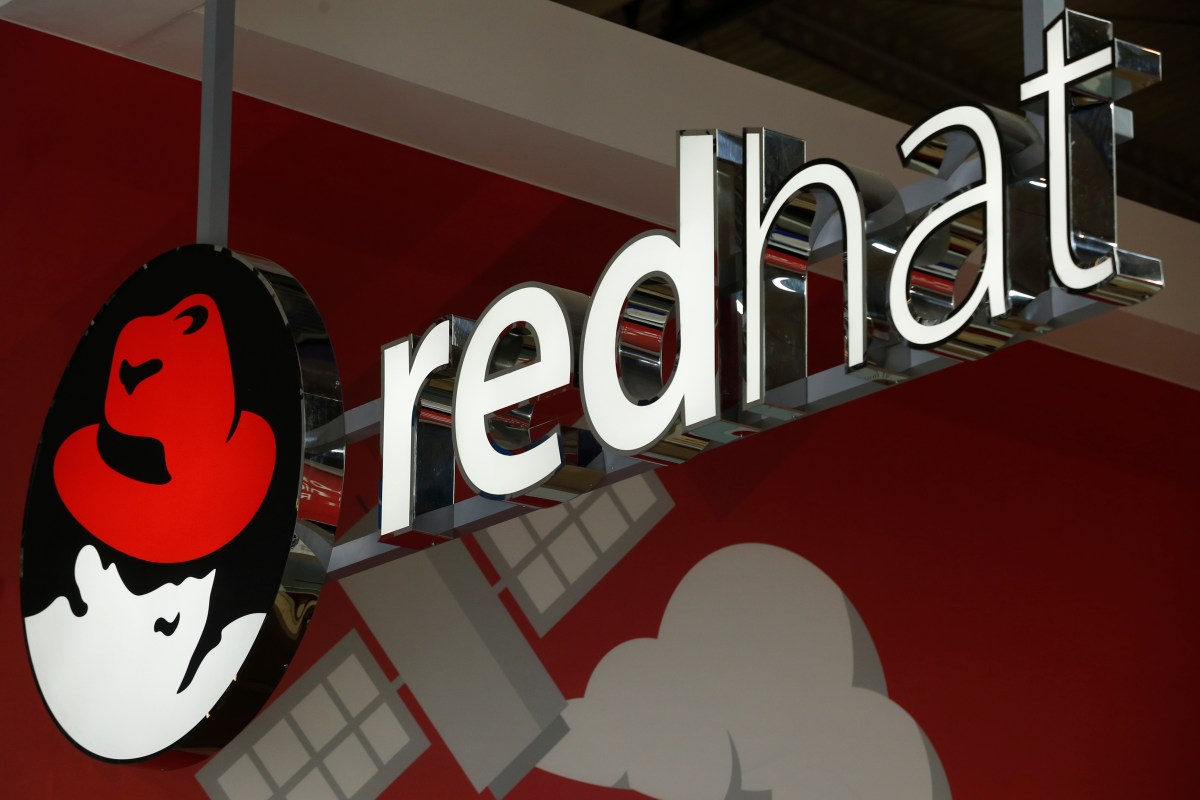Red Hat offers a number of major infrastructure platforms, with offerings like the Ansible automation service, the Kubernetes-based OpenShift container platform and the OpenStack platform for those who are looking for an end-to-end service that can manage an entire data center. Last year, the company announced that it would tightly integrate these two platforms and bring its OpenStack Services platform to OpenShift.
The idea here is to essentially turn OpenStack — which was originally developed to offer an open source alternative to AWS and is now also often seen as a VMware competitor — into a container-based workload that can be managed on OpenShift. Yet at the same time, this also allows OpenStack users to take their existing OpenStack investments to a container-based platform that allows them to mix and match their existing virtual machine-based workloads with new container-based projects, all while being able to use the OpenStack control plane.
In the end, Red Hat says, this gives enterprises “a new pathway for how organizations can rethink their virtualization strategies, making it easier for them to scale, upgrade and add resources to their cloud environments.”
Among other things, using OpenShift as the foundation for OpenStack Services also makes it significantly faster to deploy compute nodes, and the integration with Ansible brings new automation capabilities to the integrated platforms.
“Red Hat’s dedication to OpenStack is demonstrated through our extensive contributions to the project, our leadership in the OpenStack community and our focus on delivering enterprise-grade OpenStack solutions to our customers,” said Chris Wright, Red Hat’s senior vice president of global engineering and chief technology officer. “This dedication must evolve as our customers’ needs change, and Red Hat OpenStack Services on OpenShift will help provide our OpenStack customers with a more unified, flexible application platform.”
OpenStack found its strongest niche among telco providers, and Red Hat is pitching this new platform as a way for them to modernize those platforms with new features like its OpenShift AI machine learning platform and intelligent networking tools.
Outside of the telco world, OpenStack is also seeing a bit of a resurgence among companies that are looking for alternatives to their VMware deployments, now that Broadcom has acquired the company and left a lot of users wondering about its future (and future price). For them, too, a combined OpenStack/OpenShift platform could be an attractive offering.
#Red #Hats #OpenStack #Services #generally #OpenShift #platform
